If you’re looking for a trusted child psychiatrist in Dwarka, Delhi, Beautiful Shades provides expert psychiatric care for children, adolescents, and adults in a compassionate, confidential setting. Our center is led by experienced professionals who understand the emotional and psychological challenges faced by individuals and families today.
We offer personalized, evidence-based mental health care for concerns such as anxiety, depression, ADHD, autism, trauma, and mood disorders—helping individuals build resilience, regain control, and move toward a better quality of life.
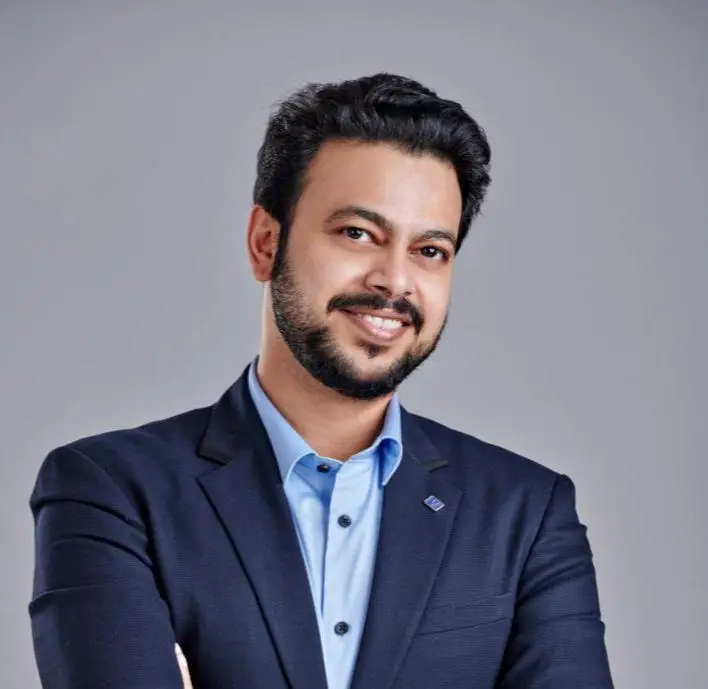
Dr. Saras Prasad
MD in Psychiatry
An expert with profound knowledge in both psychology and psychiatry, Dr. Saras Prasad has plenty of experience in a range of crucial topics, including:
- Anxiety and Panic Attacks
- Phobias
- Obsessive-Compulsive Disorder (OCD)
- Depression and Bipolar Disorder
- Dementia and Bipolar Disorder
- Autism Spectrum Disorders (ASD)
- Attention Deficit Hyperactivity Disorder (ADHD)
- Behavioral Issues
Dr. Prasad’s informative and highly engaging approach empowers individuals to thoroughly understand symptoms, explore effective coping strategies, and stay informed about the latest treatment options for various mental health conditions. His talent for breaking down complex medical concepts into simple, relatable language ensures that every attendee can easily grasp the subject matter.
He consistently highlights the value of early diagnosis and the proven success of modern therapeutic interventions in treating mental disorders.
Dr. Prasad is also a trusted child psychiatrist in Dwarka, Delhi, known for his compassionate and expert care.
What Does a Child Psychiatrist Do?
A child psychiatrist is a licensed physician trained to identify, manage, and support emotional, behavioral, and mental health challenges in children and teens. Unlike psychologists, psychiatrists can prescribe medications and provide medical evaluations alongside therapy and counseling.
At Beautiful Shades, our child psychiatrists in Delhi use a compassionate, child-centered approach to support young individuals struggling with:
- Anxiety and mood disorders
- ADHD and behavioral challenges
- Autism spectrum disorders
- Trauma, self-harm, or aggression
- Learning and social difficulties
We combine age-appropriate assessments, therapy, medication management (if needed), and family involvement—led by the best child psychiatrists—to help children develop emotional resilience, better communication, and healthier coping skills.

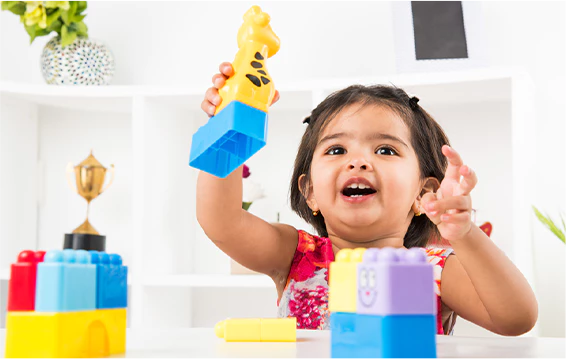
Who Should See a Psychiatrist?
You may benefit from seeing a psychiatrist if you or your child is experiencing:
- Persistent sadness, hopelessness, or emotional numbness
- Panic attacks, chronic anxiety, or overwhelming fear
- Social withdrawal or irritability
- Sleep issues or appetite changes related to mental stress
- Trouble focusing, hyperactivity, or behavioral concerns
- Self-harm, suicidal thoughts, or emotional outbursts
- Ongoing trauma, hallucinations, or delusional thinking
Whether it’s for early signs or ongoing mental health needs, getting help from the best child psychiatrists in Delhi early on can make a big difference in your child’s long-term well-being.
What Services Does a Child Psychiatrist in Dwarka Offer?
Our specialized services offer compassionate and comprehensive care for a range of mental health conditions, thoughtfully tailored to each child’s unique needs—led by the best child psychiatrist in Delhi for trusted support and expert guidance. Our team of specialists provides evidence-based interventions to support diagnosis, treatment, and management of conditions ranging from eating disorders, schizophrenia, depression, and autism spectrum disorder to ADHD and eating disorders. We work to establish a secure and caring environment where kids and teenagers can get the specialized care they need because we recognize the complexity of neurodevelopmental disorders and mental illnesses. Hallucinations, self-harm, hyperactivity, delusional thinking, memory issues, and obsessional thoughts are among the issues we treat. Our top priority is creating personalized treatment plans that support recovery, resiliency, and long-term wellbeing. In order to enable young patients to thrive, our multidisciplinary approach combines therapy, medication management, family support, and educational interventions. Explore our specialized services designed to address the unique needs of our young patients.- Autism spectrum disorder
- ADHD
- Schizophrenia
- Depression
- Borderline personality disorder
- Bipolar disorder
- Eating disorders
- Hallucinations
- Self-harm
- Hyperactivity
- Delusional thinking
- Memory problems
- Obsessional thoughts



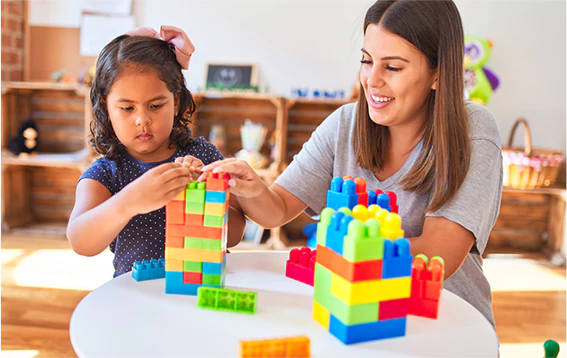
Your Journey Starts Here
Choosing the best child psychiatrist in Dwarka is a big step in the healing process. We at Beautiful Shades are committed to giving each child, adolescent, and adult we work with outstanding care that is individualized to meet their needs. By working together, we can overcome the obstacles and open the door to a better future. Our group of skilled psychiatrists in Delhi is aware of how critical it is to provide a safe haven where patients feel heard, understood, and in control. Our commitment is to deliver evidence-based, compassionate care that takes into account each person’s particular needs and concerns. Our mission is to support you on your path to recovery, development, and resilience—whether you’re looking for help for yourself, your kid, or a loved one. By working together, we can start the process of positive change and build a more promising future.
What Are the Most Common Psychiatric Disorders? Symptoms, Causes & Treatments
A wide range of mental illnesses, such as bipolar disorder, schizophrenia, depression, anxiety disorders, and post-traumatic stress disorder (PTSD), are diagnosed and treated by psychiatrists. Depression is typified by lingering melancholy, loss of interest or pleasure, changes in sleep or appetite, exhaustion, and suicidal thoughts. Genetic, biological, environmental, and psychological variables may be the cause. Treatment options include antidepressant drugs, psychotherapy, lifestyle modifications, and electroconvulsive therapy (ECT). Generalized anxiety disorder (GAD), panic disorder, phobias, and obsessive-compulsive disorder (OCD) are examples of anxiety disorders. OCD is typified by excessive worry, fear, and avoidance behaviors. The usual course of treatment consists of counseling, medicine, and relaxation methods.
Medication for antipsychotics, psychotherapy, mood stabilizers, and lifestyle modifications are frequently used in treatment. Genetic, environmental, and neurobiological factors can all contribute to the development of schizophrenia, a severe mental illness marked by delusions, hallucinations, disordered thinking, and impaired social functioning. Antipsychotic drugs, counseling, and psychosocial support are possible components of treatment. When a traumatic event is experienced, post-traumatic stress disorder (PTSD) takes hold, causing symptoms like intrusive memories, avoidance, hypervigilance, and unfavorable mood and cognitive changes. Therapy (such as eye movement desensitization and reprocessing and cognitive-behavioral therapy), drugs, and support groups are available forms of treatment. Generally, in order to maximize patient outcomes, psychiatrists use a comprehensive approach to diagnose and treat these disorders, taking into account both biological and psychosocial factors.
How a Psychiatric Assessment Works: A Guide for Parents and Patients
Psychiatrists perform thorough psychological assessments to understand their patients’ mental health, previous medical history, and overall functioning. The primary components of this assessment have been broken down in the following order:
- Gathering a Thorough Medical History:Psychiatrists begin by getting an extensive medical history, containing information regarding the patient’s medication, past and present medical conditions, medical history, reactions, and family medical records. Understanding the medical history of the individual makes it easier to identify any medical conditions that might impact or contribute to their mental health.
- Conducting interviews with Patients:Therapists communicate with individuals either in real life or over phone conversations to find out more about their pasts, signs and symptoms, and worries. A broad spectrum of topics may be addressed in these assessments, such as the onset and duration of symptoms, any stressful events or triggering factors, interactions with family and friends, working at work or in school, previous psychiatric treatment, and addiction history.
- Assessment of Mental Status:Psychiatrists observe and evaluate how the patient is feeling throughout the interview, implementing into account their physical appearance, actions, mindset, and mental functions in addition to their views, thinking, and mental processes. A wide range of mental working elements, such as memory, attention, language acquisition, and knowledge, can be evaluated via specific inquiries or through the application of uniformed tests.
- Typical Evaluations:For more reliable data about the individual’s signs and working, psychiatrists can additionally utilize scales of rating or standardized evaluations in alongside interviews with patients. Some areas including anxiety, psychosis, depression, mania, or cognitive impairment may be covered by these evaluations. The Mini-Mental State Examination (MMSE), Generalized Anxiety Disorder 7-item scale (GAD-7), Beck Depression Inventory (BDI), and Hamilton Depression Rating Scale (HAM-D) are some of the typical instances.
- Evidence Information:For the purpose to get a greater understanding of the patient’s history and current situation, psychiatrists can additionally search for the security information from other people, including family members, caregivers, or earlier healthcare providers. Such data can provide valuable insight regarding the patient’s working, signs, and previous medical conditions.
- Creating a Treatment and Diagnosis Approach:Psychiatrists utilize the information obtained from the evaluation to create diagnoses or testing perceptions which define the patient’s mental health status. Following that, according to the individual’s unique requirements, they develop a personalized treatment strategy that could include administering medication, psychotherapy, lifestyle changes, or recommendations to different mental health doctors or services.
Psychiatrists carry out a thorough, collaborative, and customized psychiatric evaluation with patients with the goal to collect thorough data that will inform the planning of therapy, evaluation, and ongoing care for those with psychological issues.
How Child and Teen Psychiatrists Help with Mental Health Issues?
Psychiatrists for adolescents and kids have been trained to identify and treat psychological circumstances distinctive to young patients. A description of their specific expertise is provided below:
- Growth Understanding Psychiatrists that specializes in kids and adolescents have an in-depth understanding of the different stages of development and challenges faced by these age groups. They modify their evaluations and treatments in accordance with the reality that psychological problems can present distinctly in adolescents than in grown-ups.
- Appropriate for your age Psychiatric Assessment:These healthcare providers have the ability to carry out age-appropriate psychological assessments that believe children’s and adolescents’ social, emotional, and cognitive growth. They evaluate signs and actions using particular techniques and tools which take into account the patients’ stage of development.
- Family-Centered Approach: Child and adolescent psychiatrists acknowledge the family’s pivotal function in adolescent mental health. Recognizing the significance of family dynamics and relationships in influencing children’s and adolescents’ well-being, they include parents, caregivers, and other family members in the assessment and treatment process.
- Multimodal Treatment Approaches:These experts use a variety of treatment techniques adjusted to the requirements of pediatric patients, such as family therapy, school-based interventions, medication management, and psychotherapy. To deliver comprehensive care, they work closely with educators, other healthcare professionals, and community resources.
- Knowledge of Developmental Disorders:Child and adolescent psychiatrists are skilled in identifying and managing developmental disorders, including learning disorders, intellectual disabilities, attention-deficit/hyperactivity disorder (ADHD), and autism spectrum disorder (ASD). They offer integrated care to address every facet of a child’s or adolescent’s well-being because they recognize the intricate interactions that exist between these conditions and mental health problems.
- Trauma-Informed Care:These professionals are educated to identify and manage the psychological effects of traumatic events and unfavorable childhood experiences. They help children and adolescents who have experienced trauma heal and develop resilience by offering trauma-informed care that is attentive to their needs.
- Cultural Competence:Psychiatrists for children and adolescents are professionals who understand and value the variety of experiences and backgrounds that their patients and their families have. Their aim is to deliver care that is sensitive to cultural differences and takes into account the distinct cultural values, beliefs, and customs of every individual and family..
In conclusion, child and adolescent psychiatrists are highly skilled in identifying and managing mental health issues in young people. They use a comprehensive, developmentally appropriate approach to care that takes into account each child’s particular needs and promotes the well-being of the whole child.
A Collaborative Approach to Patient Care
For a comprehensive approach to treatment, psychiatrists frequently collaborate with primary care physicians, psychologists, social workers, and other medical specialists. This kind of collaboration ensures that every facet of a patient’s health is taken care of, resulting in more thorough and efficient care. Working closely with a variety of healthcare providers, such as primary care doctors, psychologists, social workers, and other specialists, is an integral part of psychiatrists’ collaborative approach to patient care. Through this collaboration, patients receive more comprehensive and effective care because every aspect of their health is carefully evaluated and addressed. The multidisciplinary team can create individualized treatment plans that take into account each patient’s particular needs and circumstances by combining their knowledge and insights. In addition to improving the standard of care, this integrated approach creates a nurturing atmosphere where patients feel respected, heard, and in control of their path to recovery.
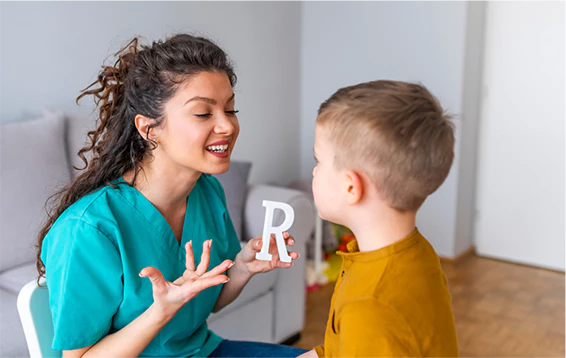
Book a Free Consultation with a Best child psychiatrist in Delhi
Is your child showing signs of anxiety, mood swings, or behavioral challenges? Get professional support from Beautiful Shades — a trusted psychiatric care center in Delhi.
- Location: Dwarka, Delhi
- Phone: +91 9599947532, +91 8800824418
- Website: www.beautifulshades.in
- Book Now: Expert psychiatric evaluation and treatment for ADHD, autism, mood disorders, anxiety, and more.
- Consult with the best child psychiatrists in Delhi.
- Confidential, compassionate, and evidence-based care.
- Supportive environment for both children and families.
Call us today to schedule a consultation with our psychiatric team.

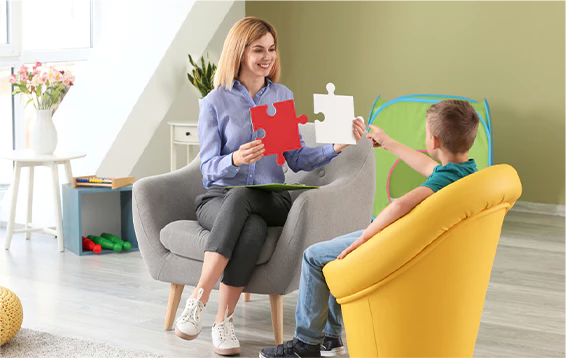
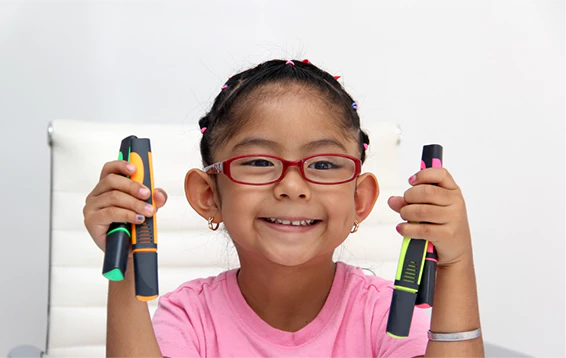
Frequently Asked Questions About Psychiatrists
Q: What does a child psychiatrist do?
A: A child psychiatrist is a medical doctor who helps children and teens with mental health problems. They check for issues like anxiety, ADHD, or behavior challenges, give a proper diagnosis, offer therapy, and can prescribe medicines if needed.
Q: How can I choose the right child psychiatrist for my child?
A: Choose a child psychiatrist who has experience with your child’s needs, like autism, ADHD, or anxiety. Look at their qualifications, reviews, and make sure they work well with kids and involve parents in the treatment process.
Q: When should a child see a psychiatrist?
A: Refer your child to a psychiatrist if they show ongoing signs of anxiety, depression, aggression, social withdrawal, self-harm, sleep issues, or struggles with focus or behavior. Early intervention leads to better long-term outcomes.
Q: Can a child psychiatrist diagnose ADHD?
A: Yes, child psychiatrists are trained to assess and diagnose ADHD through clinical interviews, behavioral observations, and standardized tools. They also provide treatment plans including therapy, lifestyle strategies, and medication if needed.
Q: Why is it difficult to find a child psychiatrist?
A: Child psychiatrists are highly specialized, and demand often exceeds availability. Many regions have limited access, leading to longer wait times. At Beautiful Shades, we aim to make expert psychiatric care accessible in Delhi.
Q: What should I expect at the first appointment with a child psychiatrist?
A: The first visit includes a review of your child’s medical and behavioral history, a discussion with parents, and an age-appropriate evaluation of emotional and cognitive development. A preliminary diagnosis and treatment plan may follow.
Q: What makes a good child psychiatrist?
A: A skilled child psychiatrist is patient, empathetic, knowledgeable about child development, communicates well with families, and offers a collaborative, customized treatment approach tailored to each child’s needs.
Q: What are 5 common signs of a mental health issue in children?
A: Warning signs may include:
- Persistent sadness or irritability
- Difficulty concentrating or staying still
- Avoiding social interaction
- Trouble sleeping or eating
- Sudden academic or behavioral changes
If you notice any of these, seek a professional evaluation.
Q: What’s the difference between a psychologist and a psychiatrist?
A: A psychiatrist is a medical doctor who can diagnose mental illnesses and prescribe medications. A psychologist provides therapy and assessments but cannot prescribe medication. Both often work together in child mental health care.

